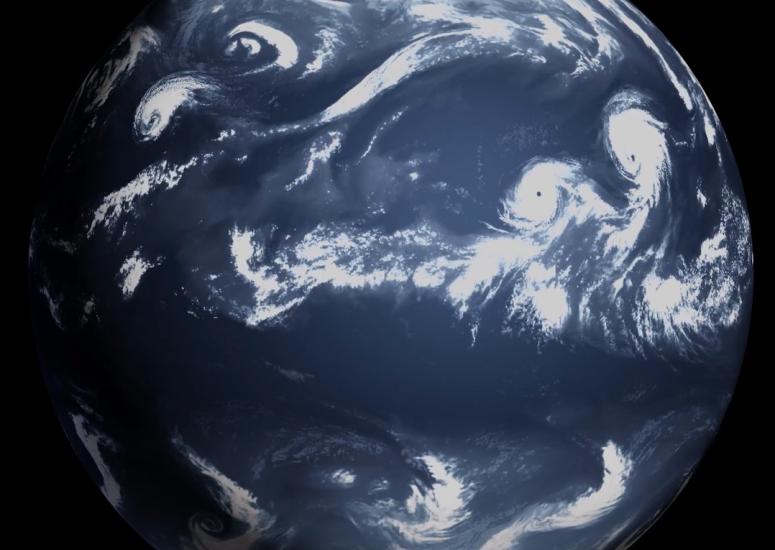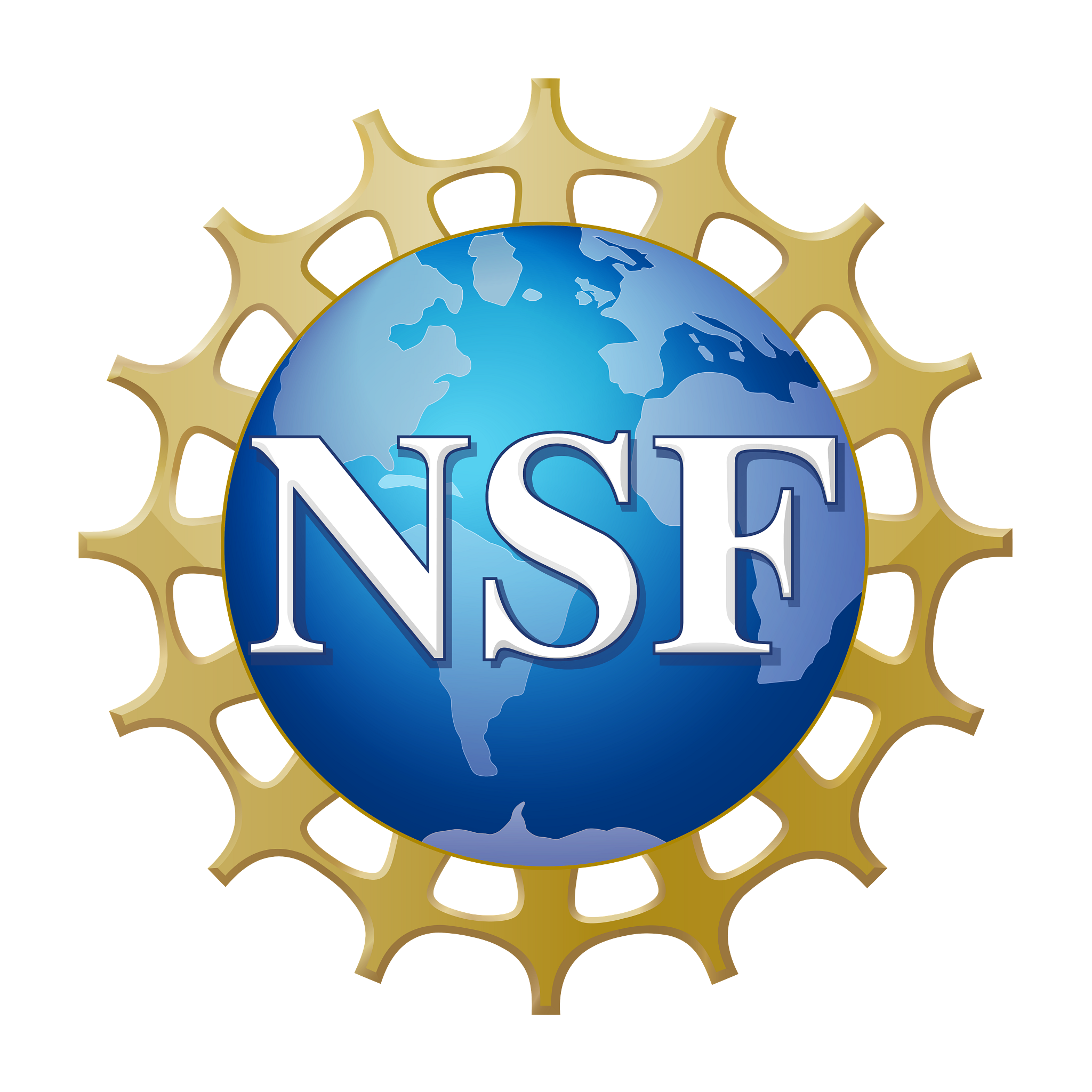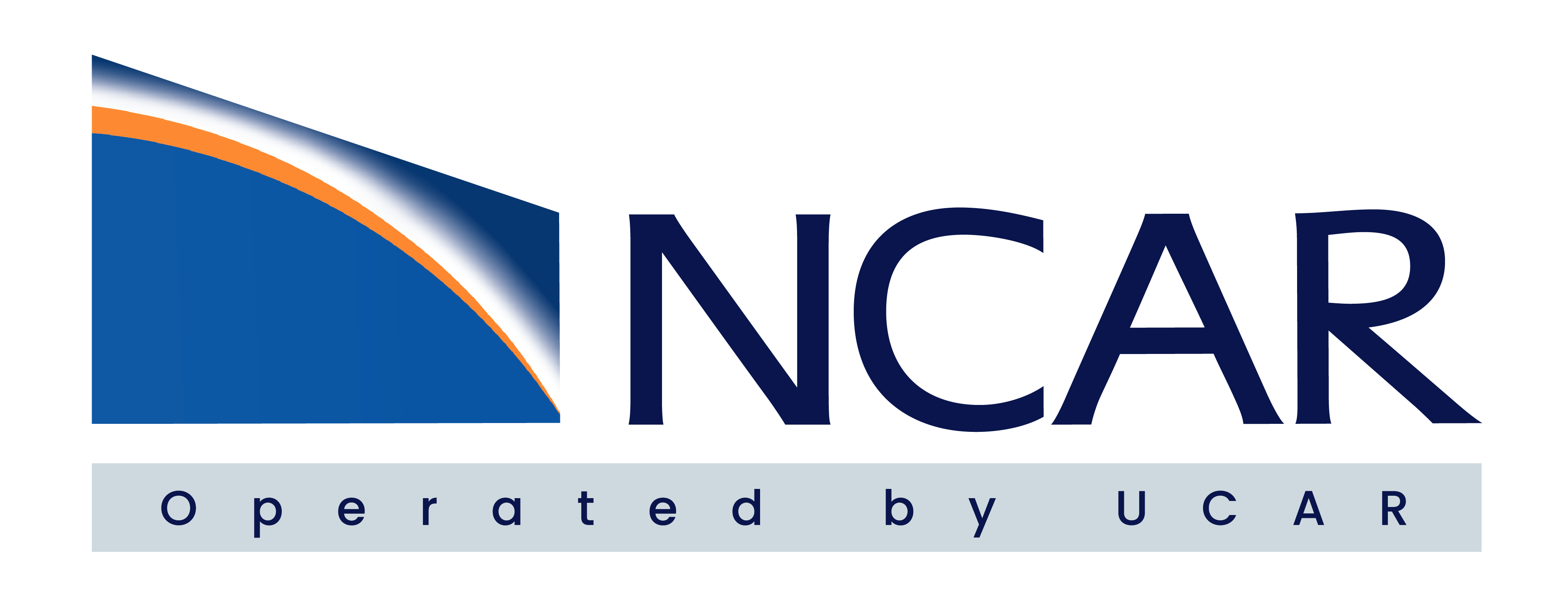-

Making waves in hurricane prediction
More accurately predicting periods of increased hurricane activity weeks in advance may become possible due to new research published this month. Research from NSF NCAR shows that twice as many hurricanes form two days after the passing of large-scale atmospheric waves called Kelvin waves than in the days before.
- Weather
-

Lewis Groswald named NSF NCAR Strategic Partnerships Lead
NSF NCAR has named Lewis Groswald its new strategic partnerships lead. Groswald comes to NSF NCAR from Lockheed Martin, where he led government relations in weather and Earth science for the company’s commercial civil space portfolio in Washington, D.C.
- Organization
-
NSF NCAR project will use AI models to predict storm evolution
A project co-led by NSF NCAR that will use artificial intelligence models to predict storm evolution has received funding through NSF's Collaborations in Artificial Intelligence and Geosciences (CAIG) program.
- Weather
-
International report confirms record-high global temperatures in 2023
Greenhouse gas concentrations, the global temperature across land and the ocean, global sea level, and ocean heat content all reached record highs in 2023, according to the 34th annual State of the Climate report.
- Climate
-
Scientists propose guidelines for solar geoengineering research
A team of scientists proposes specific recommendations for evaluating proposals to inject sulfur dioxide into the stratosphere.
- Climate

